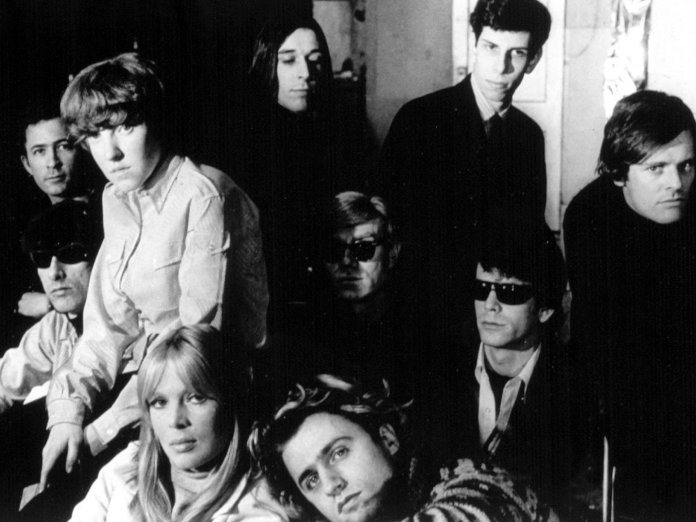Norman Dolph, the music industry executive and artist who helped produce early sessions by The Velvet Underground, has died at the age of 83.
Dolph’s death was confirmed in a statement issued on Friday (May 20) by Planetary Group, who said that he had passed away on May 11 in New Haven, Connecticut after a battle with cancer (via Consequence).
Dolph first encountered the Velvet Underground while working as a sales executive for Columbia Records in 1966, and he set about arranging the recording sessions which yielded the majority of the songs which featured on the band’s classic 1967 album The Velvet Underground & Nico.
Those April 1966 sessions took place at Scepter Records Studios in Manhattan, New York City, which Dolph organised and co-financed.
“I was not the producer in any sense that Quincy Jones is a producer,” Dolph later recalled about the sessions in an interview for Richie Unterberger’s White Light/White Heat: The Velvet Underground Day by Day. “The only thing I would say is because they were doing it on my money – and we had limited time resources fiscally, ’cause we were always bumping up against commitments that Scepter had in the studio – that I kept the thing on the rails.
“And it’s also quite highly probable to say if they had made the same record, and I had not even been anywhere near it, it would have been ultimately played out the same way. But I think part of the way the record sounds the way it sounds is because of [engineer] John [Licata] and I keeping it on the rails, to keep the damned thing going and moving. You know what I mean: “OK, next take, let’s do it, blah blah.” I think that’s my contribution as a producer.”
Dolph later took the recordings to his bosses at Columbia, who told him “you’re out of your mind with this”. The Velvet Underground & Nico was eventually released on Verve in March 1967, while the original acetate of the Scepter recordings later sold on eBay for $25,000 (£19,880).
Dolph also worked as a songwriter, co-writing the 1974 hit “Life Is A Rock (But the Radio Rolled Me)” – which was recorded by the group Reunion and later modified for use in a McDonald’s Super Bowl commercial – and Stay The Night.


